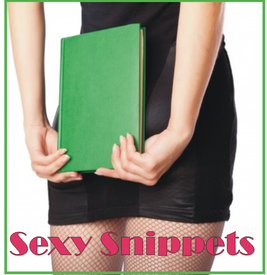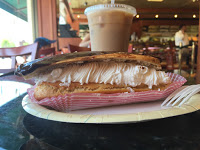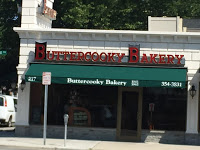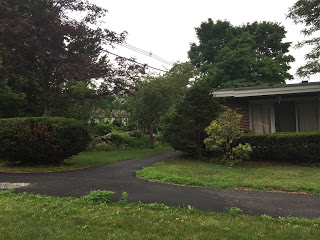By Lisabet Sarai
I guess I must be really out of the loop, because it was only this month that I first encountered the term “30 day cliff”. That was in a discussion on the Excessica authors’ forum. Some of my colleagues were lamenting about the difficulty of bringing out releases frequently enough to keep them from “falling off the thirty day cliff”. From context I surmised that people believed you had to get a new book out every month in order to retain readers’ attention.
At first I shrugged off the whole topic. A book a month? Preposterous! And what was so magical about 30 days, anyway? I figured this must be one of those marketing rules that get bandied about the Internet with no real support from the data at all.
When I did a bit of research, however, I discovered that the 30 day limit apparently has its source in Amazon’s all powerful algorithms. The article below, for example, provides quite graphic evidence for this sales precipice.
http://evahudson.com/amazon-30-day-cliff-omg-its-alive/
Just what authors need. Something else to worry about.
Writing well is hard work. Heck, even writing poorly takes time. Then there’s the editing (for those of us who care about that step), cover art, penning the blurb, and formatting for different publishing platforms (if you’re self-publishing or working with a co-op like Excessica). Updating your website and blog. Sending out tweets or posting your news on Facebook. Begging your author friends to feature your newly birthed literary baby on their blogs, Facebook pages or Twitter feeds. Submitting the manuscript to review sites. Arranging blog tours. Running contests to attract readers. Running around like the proverbial decapitated fowl, waving your arms and shouting, “Look, look, I’ve got a new book! Buy my great new book!” until you’re exhausted and hoarse.
Do that every single month? Are you nuts?
Sure, I know some authors who do this, and more. I have one or two colleagues who send me media kits for their latest titles pretty much monthly, for posting on my blog. Some of them are quite well-known—certainly compared to me. Many of them write well, too, although I have noticed that their excerpts all sound similar. I guess if you’ve found a formula that’s successful, it’s crazy not to stick with it.
Doesn’t work for me, though. I have limited time to devote to my writing career, such as it is. Marketing already takes a serious bite out of that allocation. I’d love to have more people buy my books, not just because I’d like to make more money but because I want to share my erotic visions with a wider audience. However, pressure dries up the creative flow, at least for me. If I have to force myself to write, I know I won’t be satisfied with the results.
I’m pretty confident I could turn out a new 30K book every month—especially if I quit my day job—but I’m also certain these books wouldn’t be very original, or surprising, or memorable. Probably I’d write yet another BDSM initiation story, with a self-assured, ironic, slightly distant hero and an intelligent, feisty heroine who’s aroused and appalled at her own desire to surrender. That’s my Ur-story, one I’ve already written dozens of times, one I love but try to escape for the sake of novelty and exploring new territory. That story sells. I know it does. I could change the names, the location, the initial scenario, the sexual actions and the kinky implements, and sell it again and again.
The notion makes me slightly nauseous.
So despite the clamor by my colleagues—in defiance of the current market wisdom—I choose to turn my back on the precipice. I reject the anxiety whipped up by the pundits and claim my right to define for myself what it means to be a successful author. For me, the criteria include quality, diversity, originality and authenticity. Frequency just doesn’t enter into the equation.














